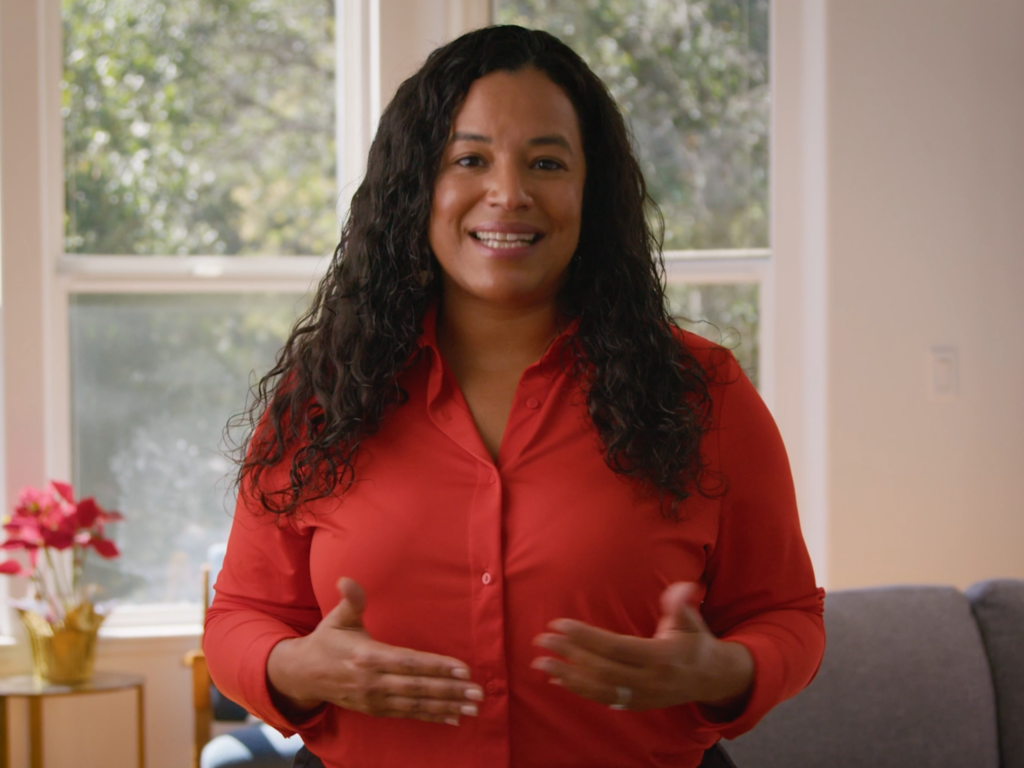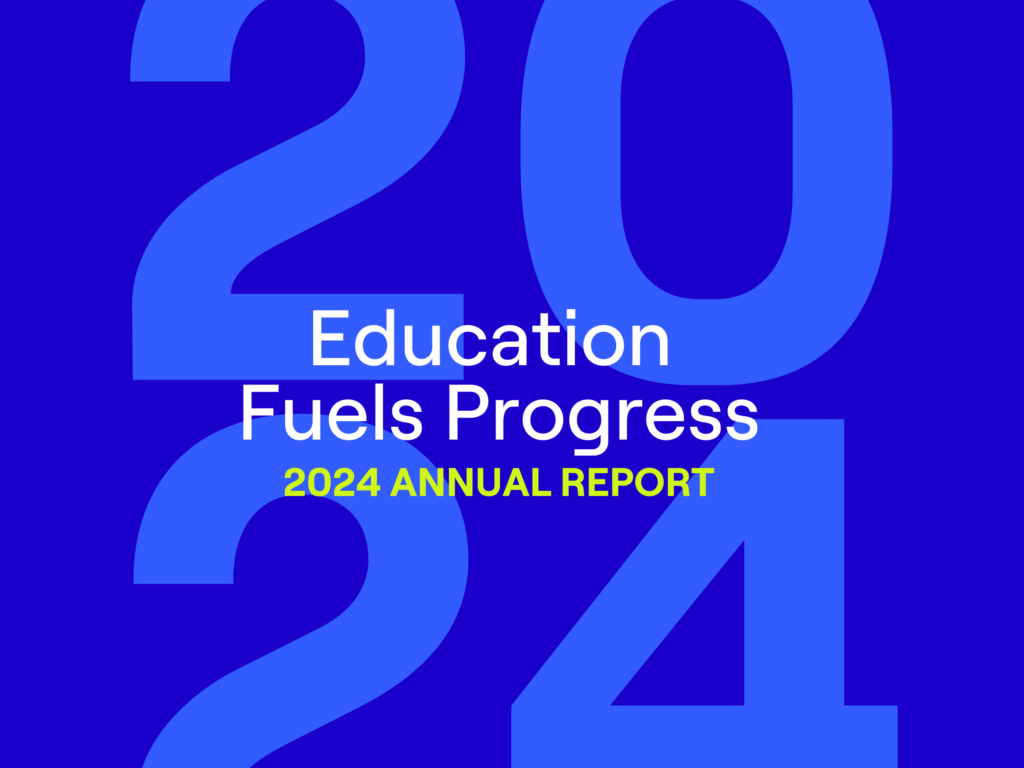The closing plenary of NewSchools Summit 2017 began with inspirational words from Paige Pence, a student from North Idaho STEM Prep. And, it closed with a spirited exchange of idea and philosophies from panelists who represent different political ideologies, but a share commitment to making sure every student has access to a high-quality education that prepares them to achieve their most ambitious hopes and dreams.
Paige addressed a packed ballroom, saying, “In 7th grade, I was encouraged to begin taking college classes. A lot of our learning is project based, and that makes me feel ready to take on new projects when I begin my career.” She added, “I’ve loved going to school every single day. Everyone is expected to put forth their best effort.”
Paige has aspirations of becoming an occupational therapist, and she is well on the way to achieving that goal. She has taken so many college courses that she will receive an associate degree next year — before she even receives her high school diploma. She closed out her remarks by imploring everyone in the room to listen to students. “We need more schools that meet each student’s needs. Ask a student what they want to accomplish. The more you know about the students you want to help, the better you will be equipped to help them.”
Our CEO Stacey Childress then took the stage, and reminded us all that we need many more schools like Paige’s. “They are necessary in rural areas, as well as in cities where so many of our students attend schools,” said Childress. “With the wide range of perspectives and philosophies we have represented in the sector…when we mix it up, it can seem like it’s hard to find common ground. Sometimes we disagree, and it’s productive in the long term. Other times, it can be unproductive and make it harder to make progress in the short term.”
She added, “Why Can’t We Be Friends builds on a year of discussions. Some were roundtables, off the record. There were also public panels. We’ve been trying to rebuild trust among those who are working to improve education, recognizing that bonds have been frayed a little bit.”
Stacey then invited Layla Avila, Matt Ladner, Shevar Jeffries and Gerard Robinson to join her on the stage. Sprinkled throughout the discussion, there were short videos collected over the past few months, that featured folks on the left and right to show a range of perspectives. Participants included Mike Petrilli, Joe Williams, Derrell Bradford, Amy Wilkins, Lamar Alexander, Roberto Rodriguez, Jason Crye, James Forman, Jr., Jeanne Allen, Jonah Edelman and Rick Hess.
Gerard Robinson noted today’s auspicious date, the anniversary of the landmark civil rights and education law, Brown v. Board of Education. “It’s tough to have a conversation about education without acknowledging Brown v. Board. This room would look very different without the passage of that law.” He went on to say those of us who work to improve public education are not necessarily friends, but comrades with a common enemy. He added, “Some of us are also friends. But, friendship requires trust and respect.”
Matt Ladner reminded the group that “big tents” with many different people are good, and disagreements are ok. He said that failure is also ok, but we must learn from our failures. He further opined that there is a lot of polarization from outside education that has had an impact on our coalitions.
Layla Avila agreed, and said the bruising election did not help. “For many people of color, the spokesperson of the Democratic party confirmed what a lot of us feared in the Latino community. The schisms began before the election. We saw increased police violence…we had been working in the tent with allies, and would have liked to see more people stand up and show up for us, which we didn’t see. Folks of color are asking who’s really with me?”
Shevar Jeffries said that in order to have a tent, we must have clarity on the values undergirding it. “We need a basic commitment that kids need food and access to healthcare, in order to get an education. Sometimes we have to fight where we have disagreements on our core values. But, that doesn’t mean we can’t work together.”
There was general consensus there is a real value to focusing on a discreet set of goals, and being part of a team of people who are able to disagree on some issues and come together when they can find common ground.
The exchange was lively, and at times humorous. But, most of all showed that folks are not oceans apart on these issues. There is far more common ground than unchartered territory in enemy land. Most in the room left feeling hopeful for the future.


